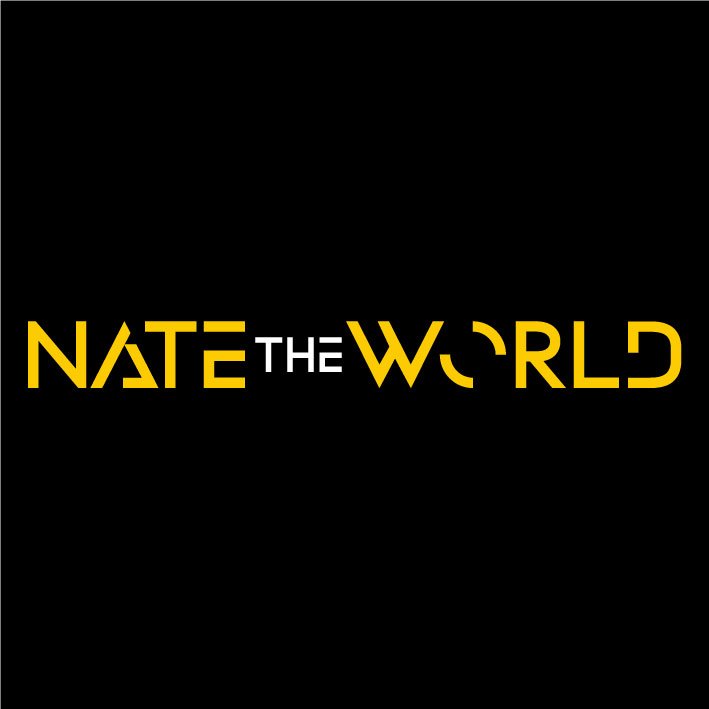Guest Spot is a recurring topic on Natetheworld. In it, I provide a guest author a story or video and they in turn provide their reaction. This month, we are featuring a classmate of mine from the University of Central Oklahoma. Below, is the video which inspired his response.
On December 2, 2015, two radicalized individuals killed 14 and injured 22 people during a mass shooting in San Bernardino, CA. While investigating in the aftermath of this tragedy, the FBI seized an iPhone that had belonged to one of the terrorists. The FBI was unable to decrypt the contents of the iPhone, so they sought and received a court order requiring Apple to help the FBI decrypt the contents of the phone. The FBI justified its request pursuant to the “All Writs Act of 1789.” The FBI relied on a law that merely states, “The Supreme Court and all courts established by Act of Congress may issue all writs necessary or appropriate in aid of their respective jurisdictions and agreeable to the usages and principles of law.” 18 U.S.. § 1651(a). Apple’s CEO Tim Cook refused to comply with the court order. Mr. Cook refused because Apple had no way of breaking its own encryption. The court order would require that Apple not merely turn over technical details of the iPhone to the FBI, but to work for the FBI to break the encryption.
Much ink has been spilled over the legal aspects of this case. As an attorney, I find the arguments on both sides to be a thrilling read. However, there is something else about this case that sticks with me. Apple is a publicly traded technology company with a current market capitalization of $607.5 billion. The FBI is a federal agency that requested about $8.5 billion from Congress for its worldwide operations for fiscal year 2016. The FBI is on the front line of keeping Americans safe from terrorism and law enforcement corruption, yet it was foiled by a company that was started by two guys in a garage. How could this happen?
When the Soviet Union launched Sputnik into orbit on October 4, 1957, it ignited the imaginations and fears of American. The United States quickly revved up its own space program. The Mercury program was started to put humans, American humans, into space. In 1962, President Kennedy told the world that the United States would land a man on the moon before the decade was over. The Gemini program paved the way for the Apollo program, and “one small step” for Neil Armstrong was a giant leap for the United States space program and national pride. Many things made this possible, but experienced personnel were essential. Answering the country’s call and their President’s mandate, engineers, computer programmers, and scientists left lucrative jobs in the private sector to work for NASA. They believed in NASA’s mission and were willing to take a pay cut to be part of something greater, something more than mere profit and shareholder satisfaction. These workers had extensive real-world experience, experience that was key in safely bringing the crew of Apollo 13 back safely after so many things went wrong. While NASA still has excellent people, it is now a visionless training ground for PhDs. Indebted graduate students choose large salaries at corporations, such as Lockheed Martin, Raytheon, and Boeing, to pay back their even larger student loans. Even those who choose NASA at first are often lured away later by those same corporations.
While many good law enforcement officers work for the FBI, the FBI has too few top-notch experts in computers and other technologies. Sadly, American culture today has us all focused on how much we can take for ourselves instead of how much we can better society. We place far too emphasis on working for Fortune 500 companies and too little on public service in government and in non-profit organizations.
-David Jenkins

